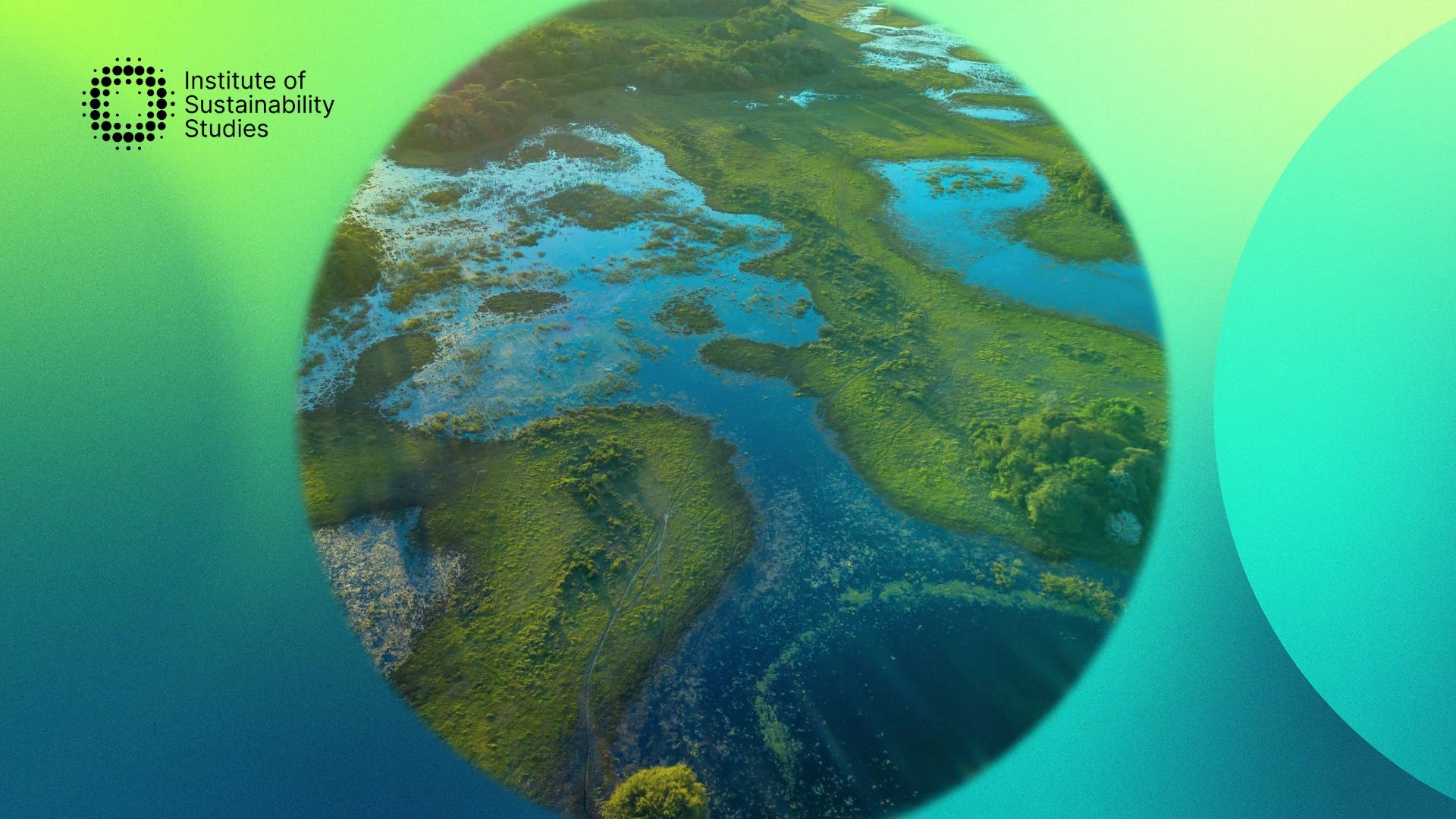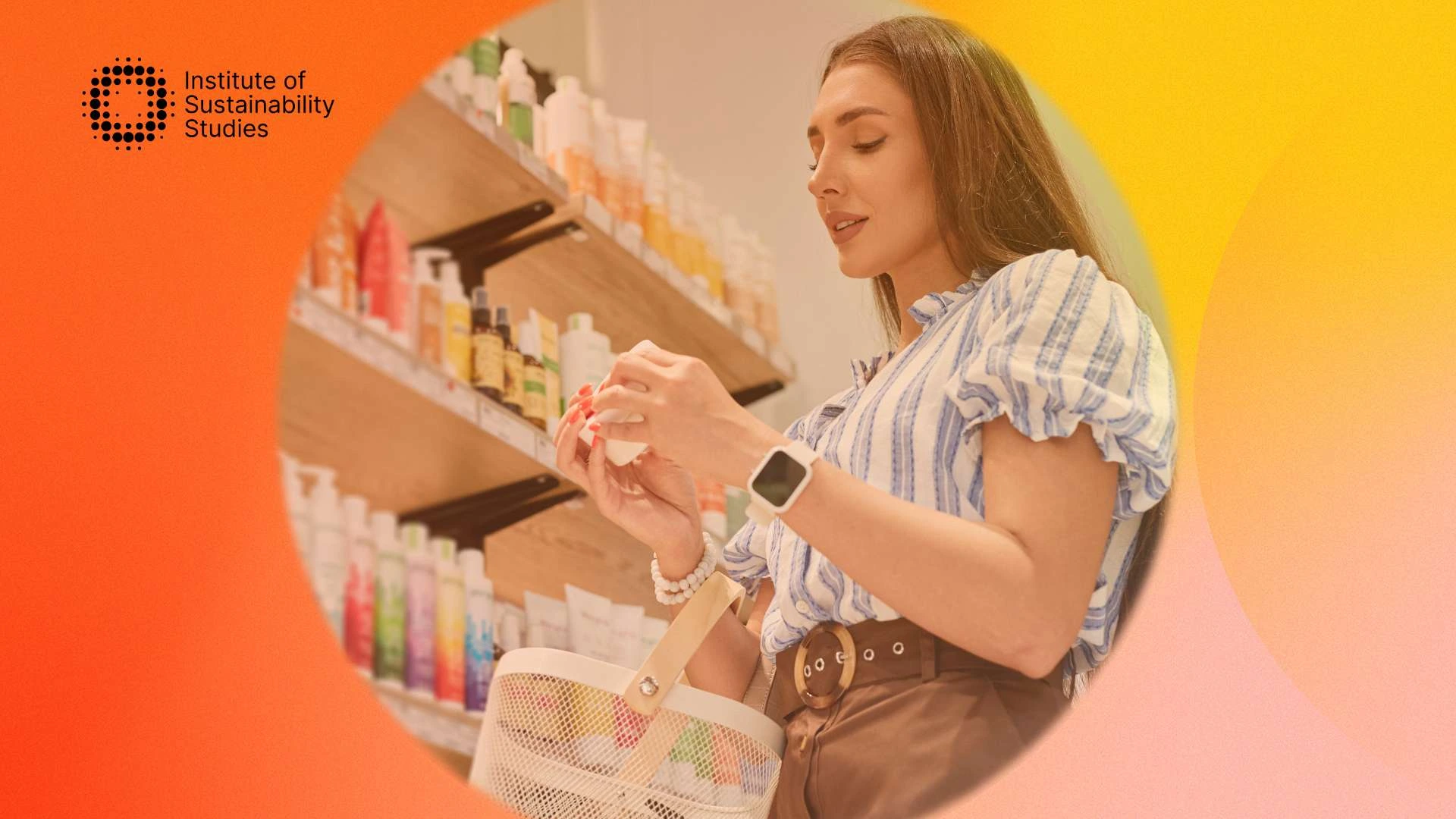Sustainable tourism encourages tourists to be more responsible travellers and is the key to enjoying the perks of tourism without costing the planet. The traditional tourism sector puts enormous stress on local land use and can result in soil erosion, natural habitat loss, and increased pollution.
There is a strong need to find solutions to drive sustainable tourism in the face of the climate crisis. Technology could be that key lever that allows us to travel the world with minimal harm to the environment with the help of sustainability strategies.
Sustainable tourism apps
The need for sustainable tourism solutions has resulted in numerous eco-friendly travel apps being developed. For instance, Fair Trip features more than 3,000 destinations across the globe to help travellers discover places with positive impacts. Users can choose restaurants, accommodations, and experiences depending on how they score in terms of being green, social, and fair.
TripIt is an itinerary generator and flight tracker that enables people to calculate the carbon footprint of their flights. From this point, the app offers practical ways for the users to offset the emissions, such as donating to recycling projects, planting trees, and more. The Bikemap app showcases over 11 million mapped cycling paths across the globe. Those travellers engaging in sustainable tourism can easily rent a bike as soon as they land in a new city and jet off to explore the sights and local wonders.
The HappyCow app allows vegans and vegetarians to easily find food that fits within their requirements. This app can be used by people who want to curb their meat consumption on holidays too. Carrying a reusable bottle is one of the first steps to being a responsible traveller. However, when visiting a location, you still don’t quite know your way around or where the fill-up locations are if there are any. This is what led to the creation of the Tap app, which should be on the phone of every sustainable tourist.
The business is on a mission to eliminate single-use plastic water bottles by connecting water to the Internet. In the app, they share over 250,000 locations in 100+ countries where you can refill your water bottle free of charge. The locations vary from water fountains to refill stations and even local restaurants offering free, clean drinking water. Finding eco-friendly lodging when going on holidays is also important, and the Book Different app looks to tackle this by providing verified options. This makes selecting sustainable accommodation easier than ever before.
Virtual reality experiences driving sustainable tourism
Virtual reality has become a means for the travel industry to not only preserve popular destinations and make experiences more accessible but also contribute to sustainable tourism. Virtual reality tourism entails utilising VR technology to experience a destination without physically being there.
The user is transported through these interactive simulations, which allows them to be immersed in an experience or culture. From the comfort of their own home, they can visit incredible locations like Rome, Paris, and much more. One example of a location that has been digitally captured for virtual reality experiences is Machu Picchu in Peru.
Machu Picchu is a site of ancient Inca ruins, which brings in around 1.5 million visitors per year. Its rich history, cultural heritage, wildlife, native flora, and communities make it a popular travel spot. By harnessing VR, tourism organisations can make the destination more accessible while curbing the impact of excessive foot traffic and emissions from visitors who are not local.
The future of sustainable tourism
Sustainable tourism offers an eco-friendly alternative to exploring the wonders of the world. This kind of travel has already grown significantly, but in the current climate, it must be fuelled more. The industry needs to champion business sustainability but also explore the potential role technology could play in fuelling the transition to this new way of travel.










